detail profile ry c5 absuke hamaguchi
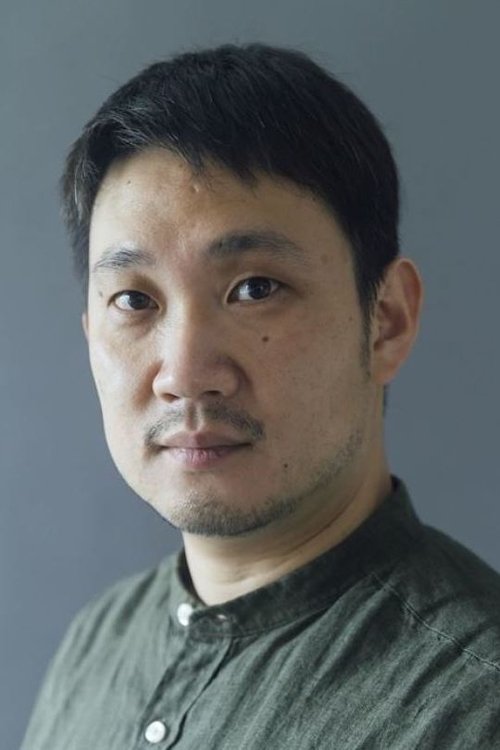
Ryūsuke Hamaguchi
Ryûsuke Hamaguchi
atau dikenal sebagai
Riwayat Hidup
Ryūsuke Hamaguchi is a Japanese film director and screenwriter.
Hamaguchi, a graduate of Tokyo University and Tokyo University of Arts, attracted attention in his country with the movie Passion (2008), which he shot for his graduation.
Hamaguchi first gained international recognition with the film Happy Hour (2015) and followed it up with Asako I & II (2018).
He released two films in 2021, Wheel of Fortune and Fantasy and Drive My Car, receiving three Academy Award nominations for the latter, including Best Director, Best Adapted Screenplay, and Best International Feature.
He is the third Japanese director to be nominated for an Oscar for Best Director.
IMDb mini bio by yusufpiskin
Info Pribadi
Peran Yang Di Mainkan Ryūsuke Hamaguchi
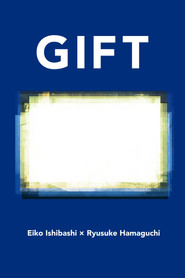 We follow Takumi and his daughter...
We follow Takumi and his daughter...GIFT 2023
We follow Takumi and his daughter who lead a modest life in the village in the middle of nature. One day Takumi receives word that there are plans to build a glamping site near his home. The discovery that wastewater will be piped into the village’s water source not only causes unrest among the residents, but also affects Takumi’s life.
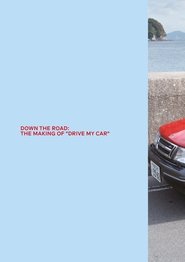 Spanning locations in Tokyo Hiroshima and...
Spanning locations in Tokyo Hiroshima and...Down the Road: The Making of Drive My Car 2022
Spanning locations in Tokyo, Hiroshima, and Hokkaido and featuring interviews with cast members and rare behind-the-scenes footage, it captures the creative collective journey of the filmmaking team.
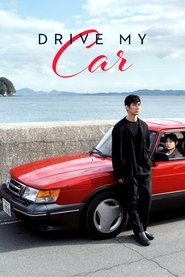 Yusuke Kafuku a stage actor and...
Yusuke Kafuku a stage actor and...Drive My Car 2021
Yusuke Kafuku, a stage actor and director, still unable, after two years, to cope with the loss of his beloved wife, accepts to direct Uncle Vanya at a theater festival in Hiroshima. There he meets Misaki, an introverted young woman, appointed to drive his car. In between rides, secrets from the past and heartfelt confessions will be unveiled.
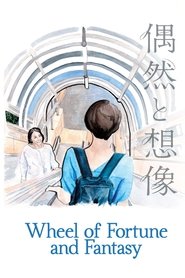 An unexpected love triangle a seduction...
An unexpected love triangle a seduction...Wheel of Fortune and Fantasy 2021
An unexpected love triangle, a seduction trap, and a random encounter are the three episodes, told in three movements to depict three female characters and trace the trajectories between their choices and regrets.
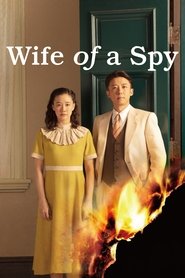 Its 1940 and the population of Japan...
Its 1940 and the population of Japan...Wife of a Spy 2020
It’s 1940, and the population of Japan is divided over its entry into World War II. Satoko, the wife of a fabric merchant, is devoted to her husband but is beginning to suspect he’s up to something. Soon she allows herself to be drawn into a game in which she enigmatically conceals her intentions.
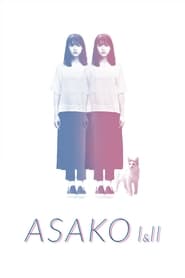 Asako lives in Osaka She falls...
Asako lives in Osaka She falls...Asako I & II 2018
Asako lives in Osaka. She falls in love with Baku, a free-spirit. One day, Baku suddenly disappears. Two years later, Asako now lives in Tokyo and meets Ryohei. He looks just like Baku, but has a completely different personality.
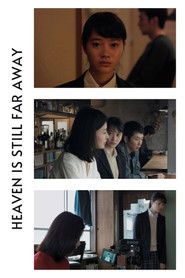 Yuzo and Mitsuki live together in...
Yuzo and Mitsuki live together in...Heaven Is Still Far Away 2016
Yuzo and Mitsuki live together in Yuzo's small apartment, their constant companionship tender and indifferent in turn. Then Yuzo receives a call from Satsuki, a documentarian resolved to make a film about a now-distant family tragedy, and the three meet, to search for some way to account for their relationship with one another, the memories they share, and those they've kept to themselves.
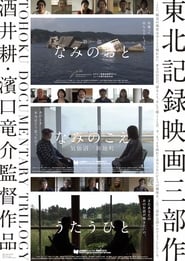 The third part of a trilogy...
The third part of a trilogy...Storytellers 2013
The third part of a trilogy focusing on the Tohoku region that is comprised of dialogues with victims of the Great East Japan Earthquake. Ideas on how to share experiences of the disaster with future generations, a challenge touched upon in the previous films The Sound of Waves and Voices from the Waves, is found in folk tales from the region. Co-directed by Sakai Ko and Hamaguchi Ryusuke.
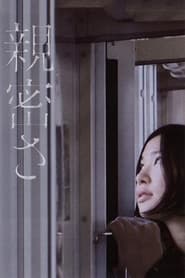 Hamaguchi wrote and directed this film...
Hamaguchi wrote and directed this film...Intimacies 2012
Hamaguchi wrote and directed this film as a graduation project for the students at ENBU Seminar (film and theater school in Tokyo) when he taught there. It is a three-part film: The first part is a documentary-style production of a play; Then the actual full stage production of the play; and the epilogue. Poetry and written words play the central role in the movie.
 After a failed wedding shoot Baehwan...
After a failed wedding shoot Baehwan...The Depths 2011
After a failed wedding shoot, Bae-hwan meets Ryu—a callboy tangled in a murder case—and offers him a way out.
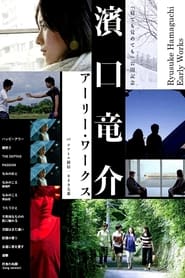 While the wedding day should be...
While the wedding day should be...I Love Thee for Good 2009
While the wedding day should be blissful for the bride, Eiko, there is a secret that she can’t tell her fiance...
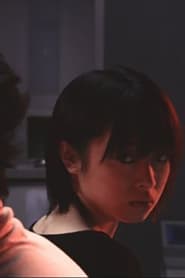 Shot while the director was still...
Shot while the director was still...Solaris 2007
Shot while the director was still in college, the film is a remake of the Russian film of the same name. The man's dead ex who had committed suicide appears in front of him. The ghost has a cross-like scar on her wrist.
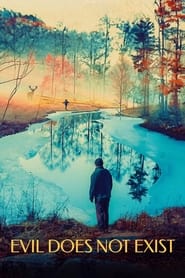 Takumi and his daughter Hana live...
Takumi and his daughter Hana live...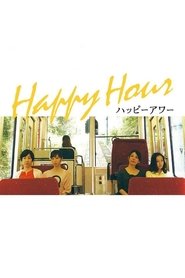 Four women in their thirties reevaluate...
Four women in their thirties reevaluate...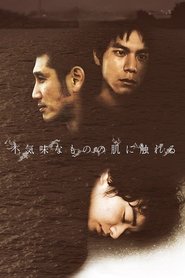 After his parents die a teenager...
After his parents die a teenager... A young couples announcement of their...
A young couples announcement of their...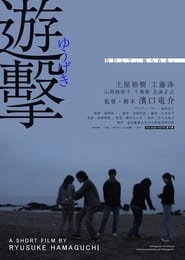 A short film by Ryusuke Hamaguchi...
A short film by Ryusuke Hamaguchi...